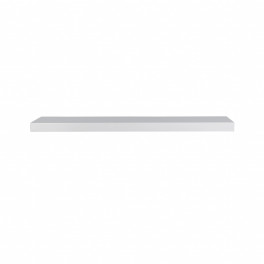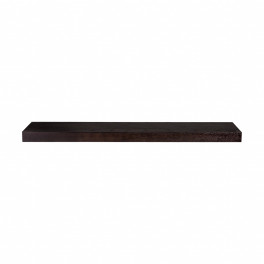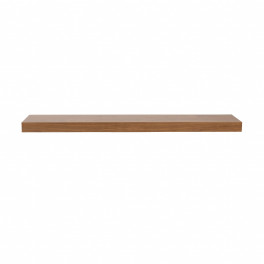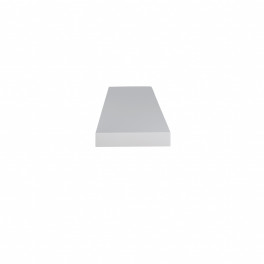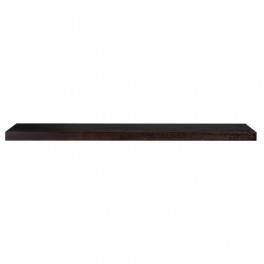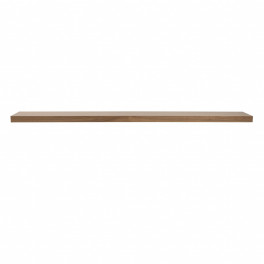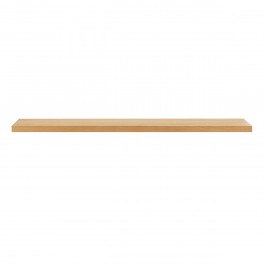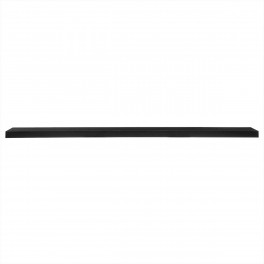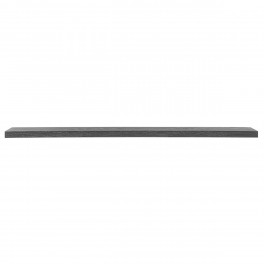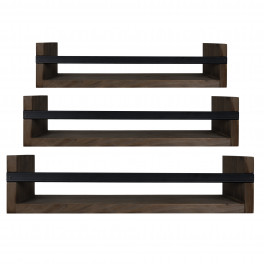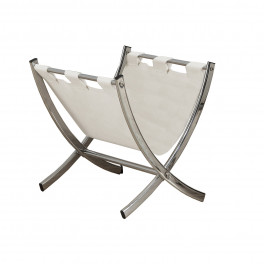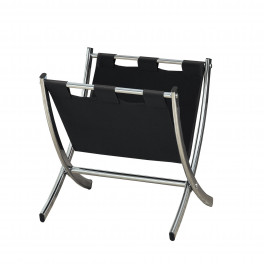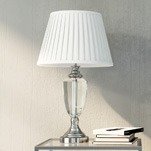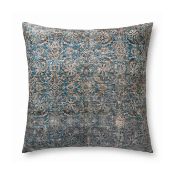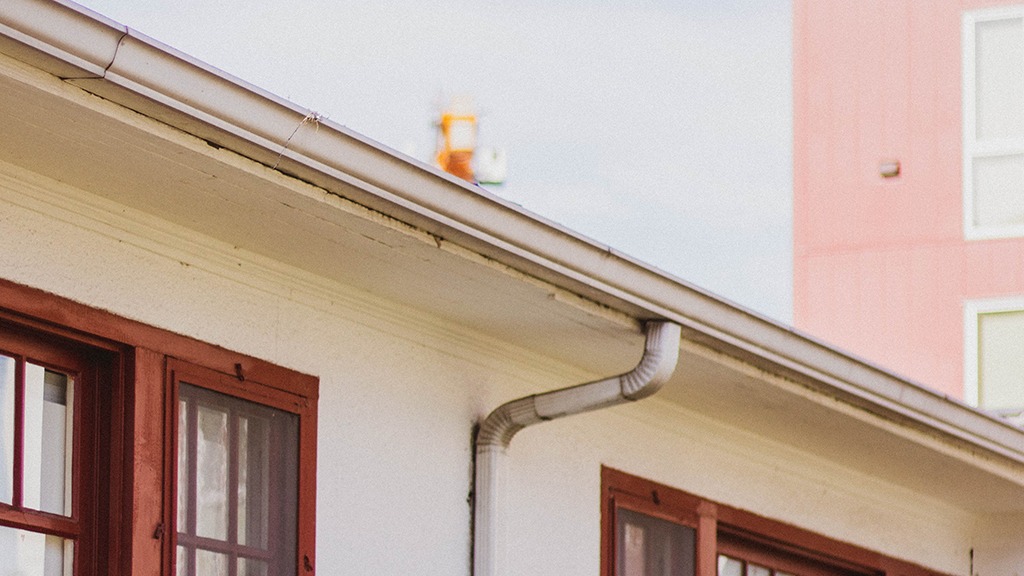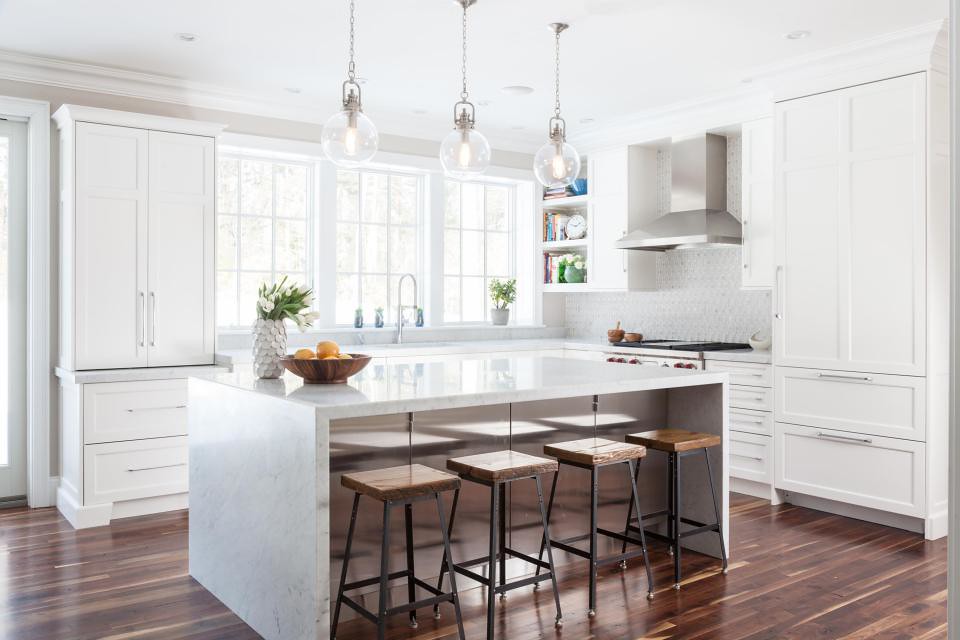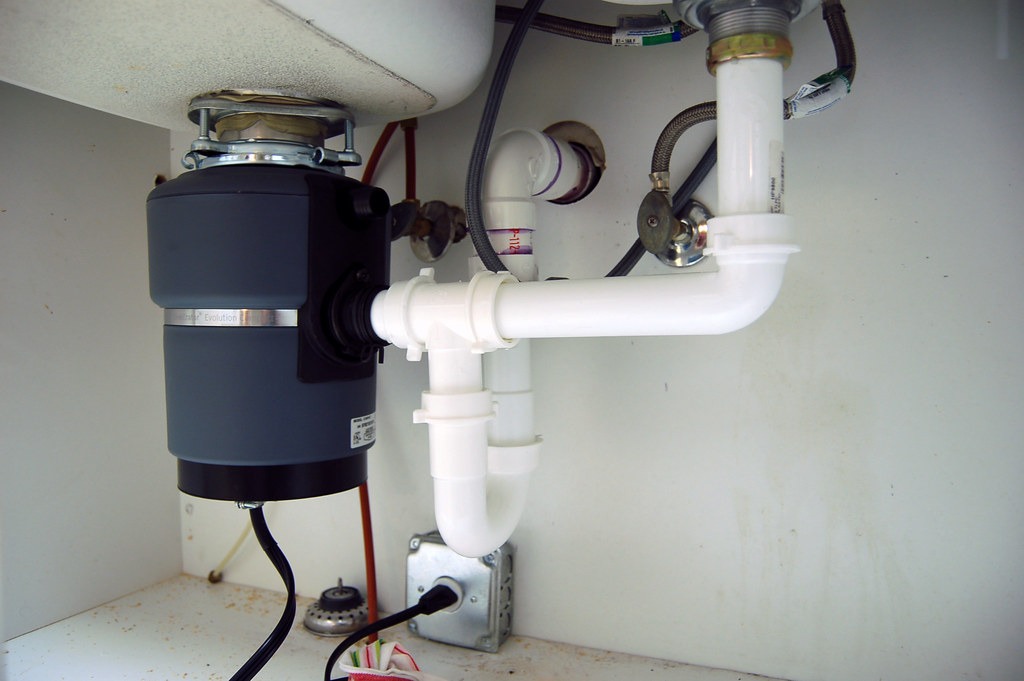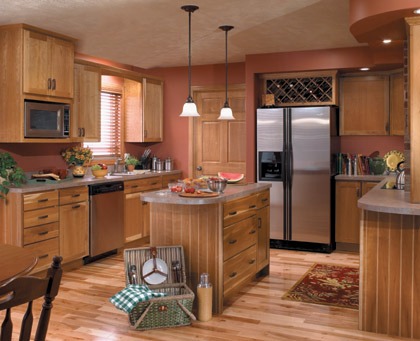Hardware is something that you don’t think much about until you need it. But when you need it, you really need it -- immediately. Take hardware hooks, for instance. Let’s say you decide you want to hang a beautiful potted plant or need to put a picture on the wall. You need a hook, right?
The question is: which hardware hook type do you need? Should it be small or large? Does it mount to the ceiling or the wall? Do you want the hardware exposed or hidden? These are all things to consider when choosing a hardware hook.
Use this handy guide to help determine which of the most common hardware hooks you need for your next DIY or home project.
Ceiling Hooks
Ceiling hooks are some of the most common hardware hooks you’ll use in your household. They’re ideal for hanging plants and decorative lights. If you need to hang a pendant light some distance away from your ceiling light box, you can run the wire and drape it down where you want it with the help of a ceiling hook. It’s highly versatile!
Most ceiling hooks are C-shaped and are available in multiple weight ratings. For lighter items, a 5- or 10-pound rating may work just fine, but look for hooks labeled “heavy duty hooks” or “heavyweight.”
Coat Hook/Robe Hook
Whether you’re looking to hang a coat or a robe, both a coat hook or a robe hook will work just fine. While you’re bound to find these hooks labeled as one or the other, they’re basically interchangeable!
These hooks have a flat back that secures to the wall and a deep dip that comfortably holds an article of clothing from the loop or neck.
Key Hook
As the name suggests, key hooks are manufactured small to accommodate a key ring. More often than not, key hooks are screwed onto a solid piece of wood or metal that’s decorated to match a home or office.

Photo by Sergio Sergo on Shutterstock
Like all hooks, key hooks are very functional, especially if you tend to lose your keys (guilty as charged). Many homeowners mount their key hooks by the front door for easy access.
Jewelry collectors often find that key hooks are the ideal small decorative hooks for jewelry like necklaces and bracelets.
Latching Hook
If you’re looking to keep what you’re hooking in place, consider a latch hook. There are many styles of latch hooks, but they all are designed with access in mind. For example, many outdoor gates use latch hooks to keep the swinging door closed.

Photo by Africa Studio on Shutterstock
Some entry and interior doors, and even some public restroom doors, also use a latch hook to add an extra layer of security.
S-Hook
You just have to love the S-hook! They’re strong, versatile, and if you’re a fan of exposed organization systems (such as hanging pots and pans), then you probably have S-hooks throughout your home.
But you can’t just use an S-hook without figuring out how you’re going to mount it. That’s because S-hooks often are hung on pre-mounted hardware like curtain rods and decorative ceiling hooks.
I use S-hooks everywhere in my house, from hanging up my kid’s artwork to holding my shower curtain and some decorations. They’re an essential part of every homeowner’s toolbox.
Utility Hook
Most often, utility hooks are heavy duty hanging hooks with a deep dip and a modified C-shape. Utility hooks are invaluable in garages and sheds where they hold items like tools, bikes, and garden supplies. Utility hooks are often specialized depending on the type of item you need to hang.
Some even have an extra layer or padding or rubber to keep your valuable hanging up, safe and secure!
A Few Hook-Related Pointers to Keep in Mind
Weight Rating Matters
Always consider the weight of the object you intend to hang before you purchase a hook. A tiny exotic air plant weighs significantly less than a potted spider plant, meaning each will require a different hook rating. The same goes for anything you mount to either the ceiling or wall.
Mount Properly
In almost all cases, mounting your hardware hooks directly into the drywall is never recommended. Instead, either use a stud finder to find the wood studs behind your drywall or use drywall anchors. This small step is bound to save your walls in the long-run.
Think About Finishes
Common finishes for hooks include stainless steel, white, black, brass and gold. Remember, trends come and go, so it’s always good to go with a neutral finish if you know the hook will remain for the long haul.
Hooks are crucial for every homeowner. Yet, with so many options out there, it’s hard to know which one to choose. Determine how you’ll use your hook, where you plan to mount it, and the weight of what you’re hanging before you make a purchase.




